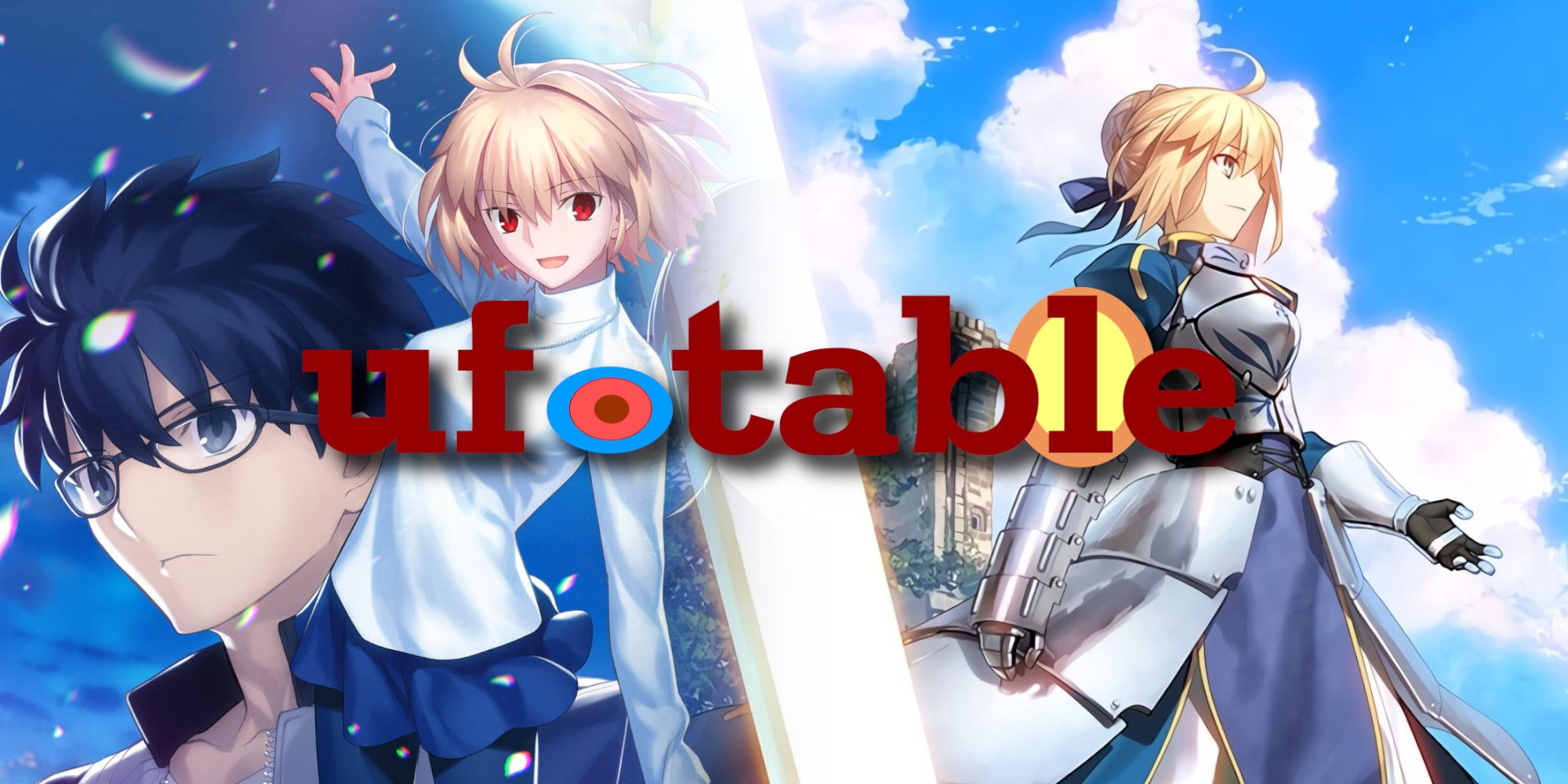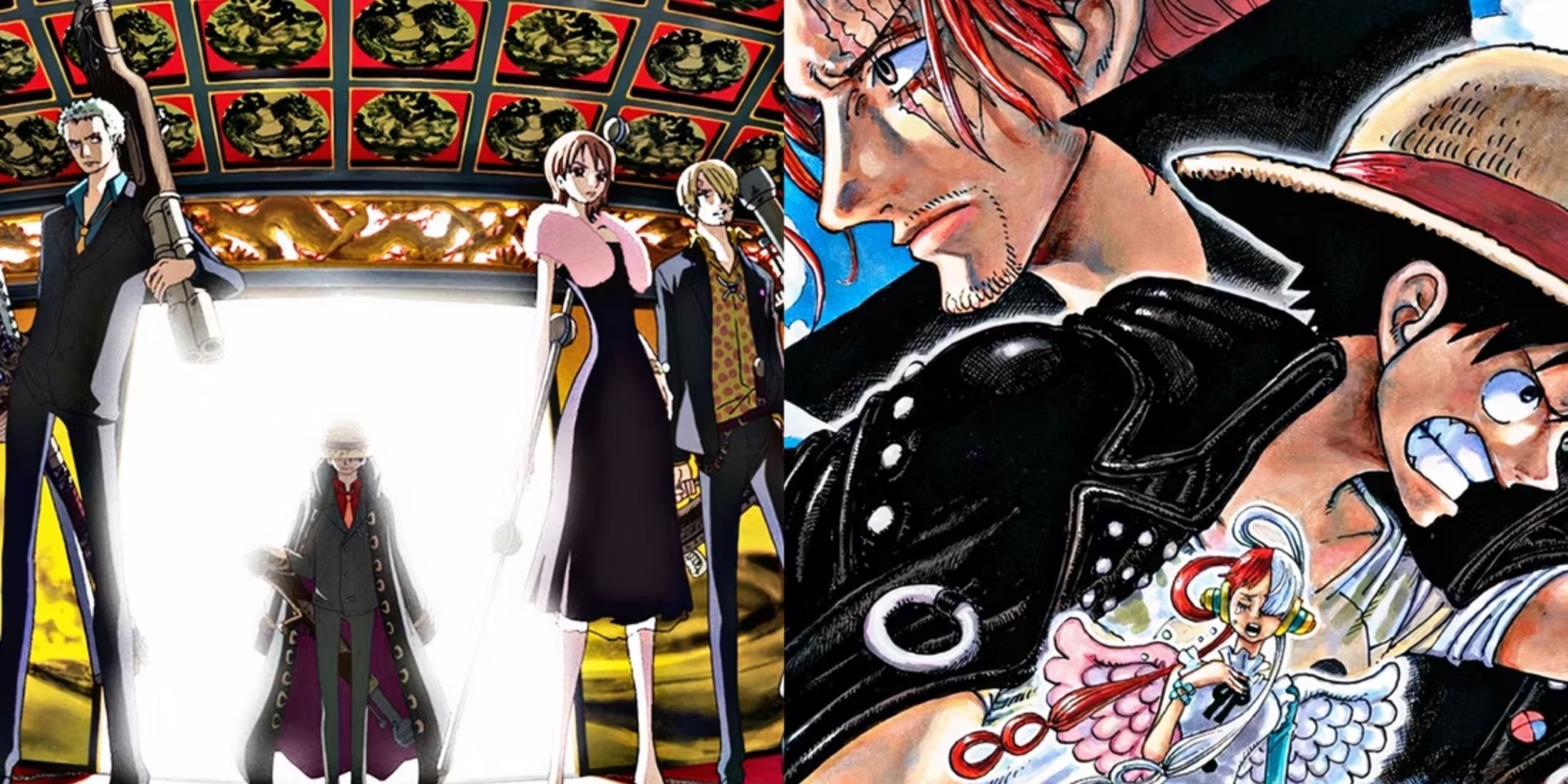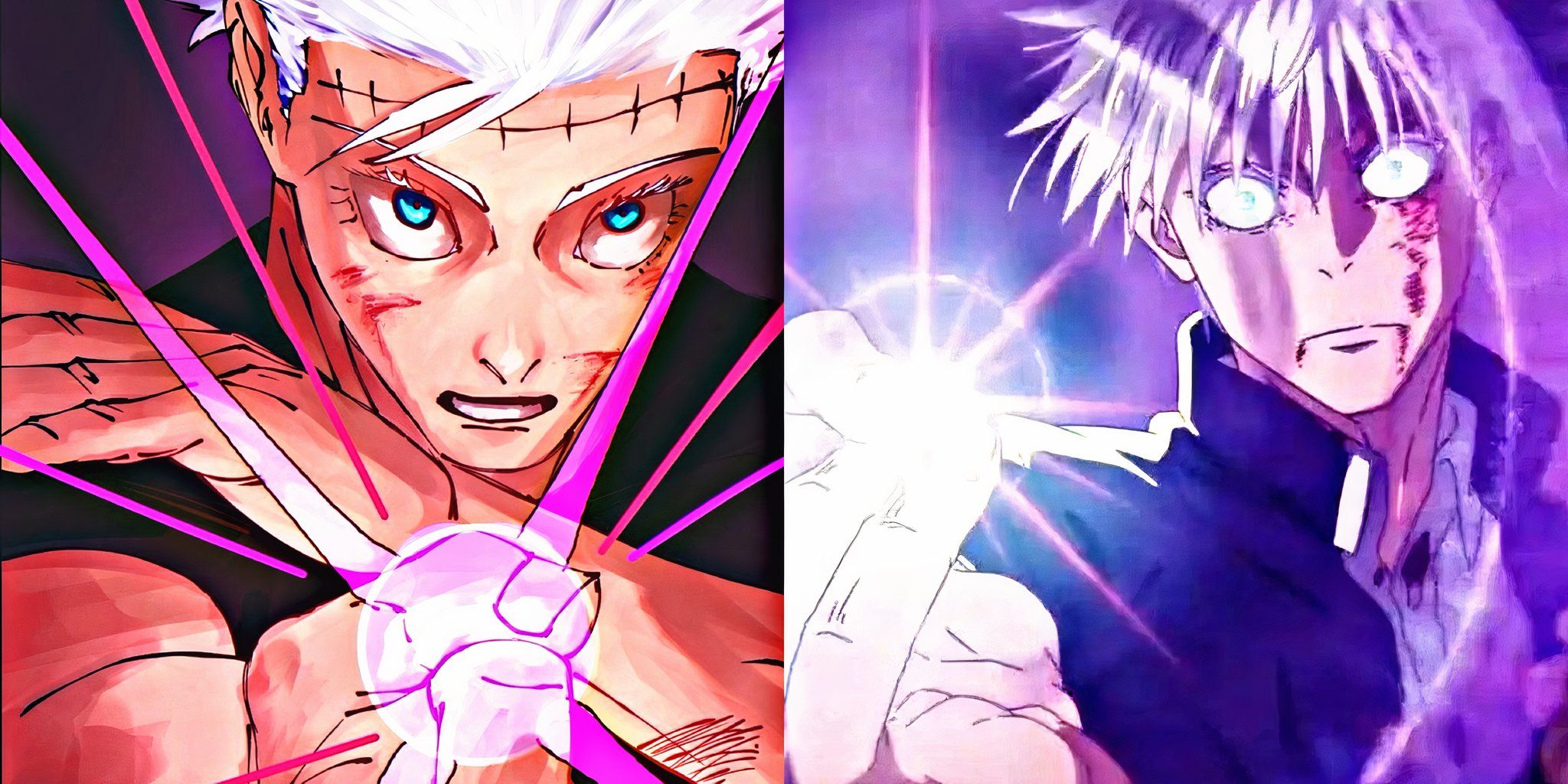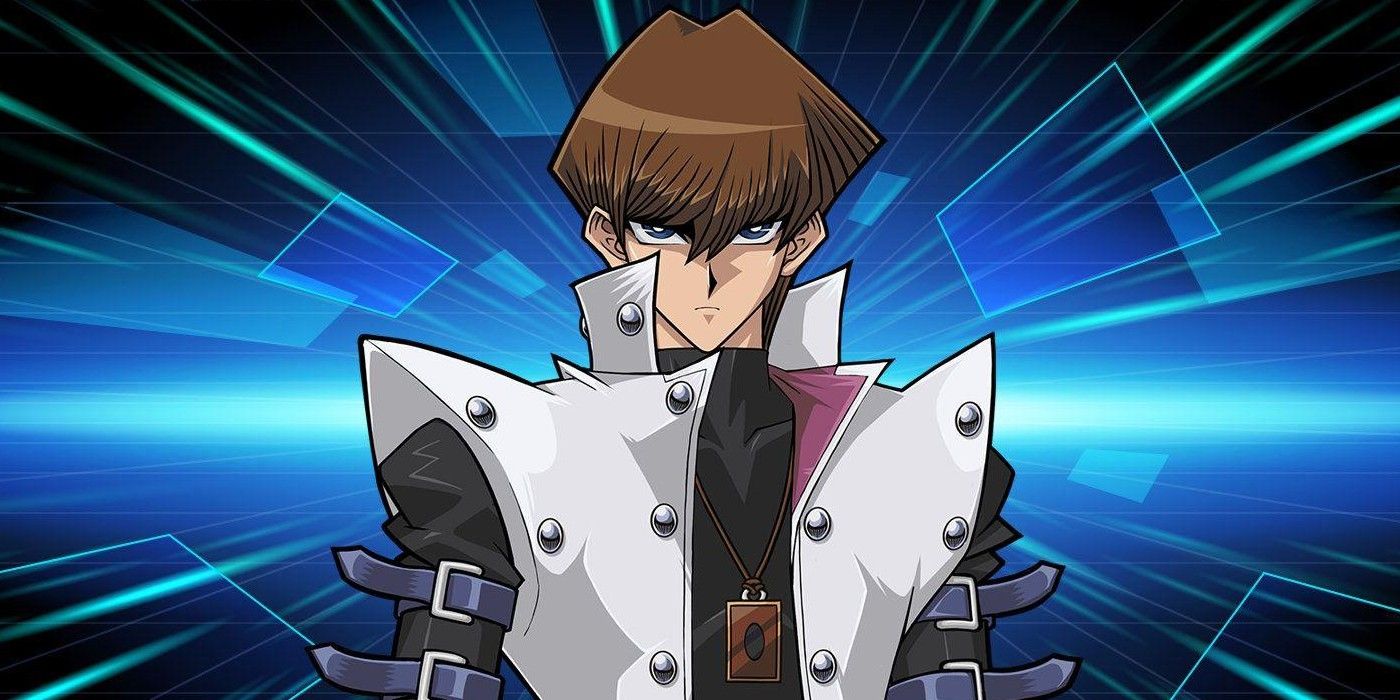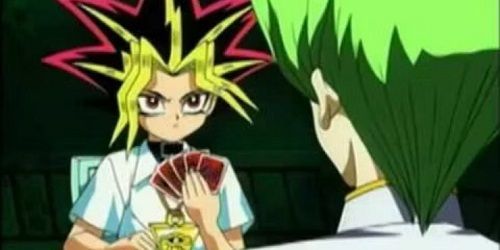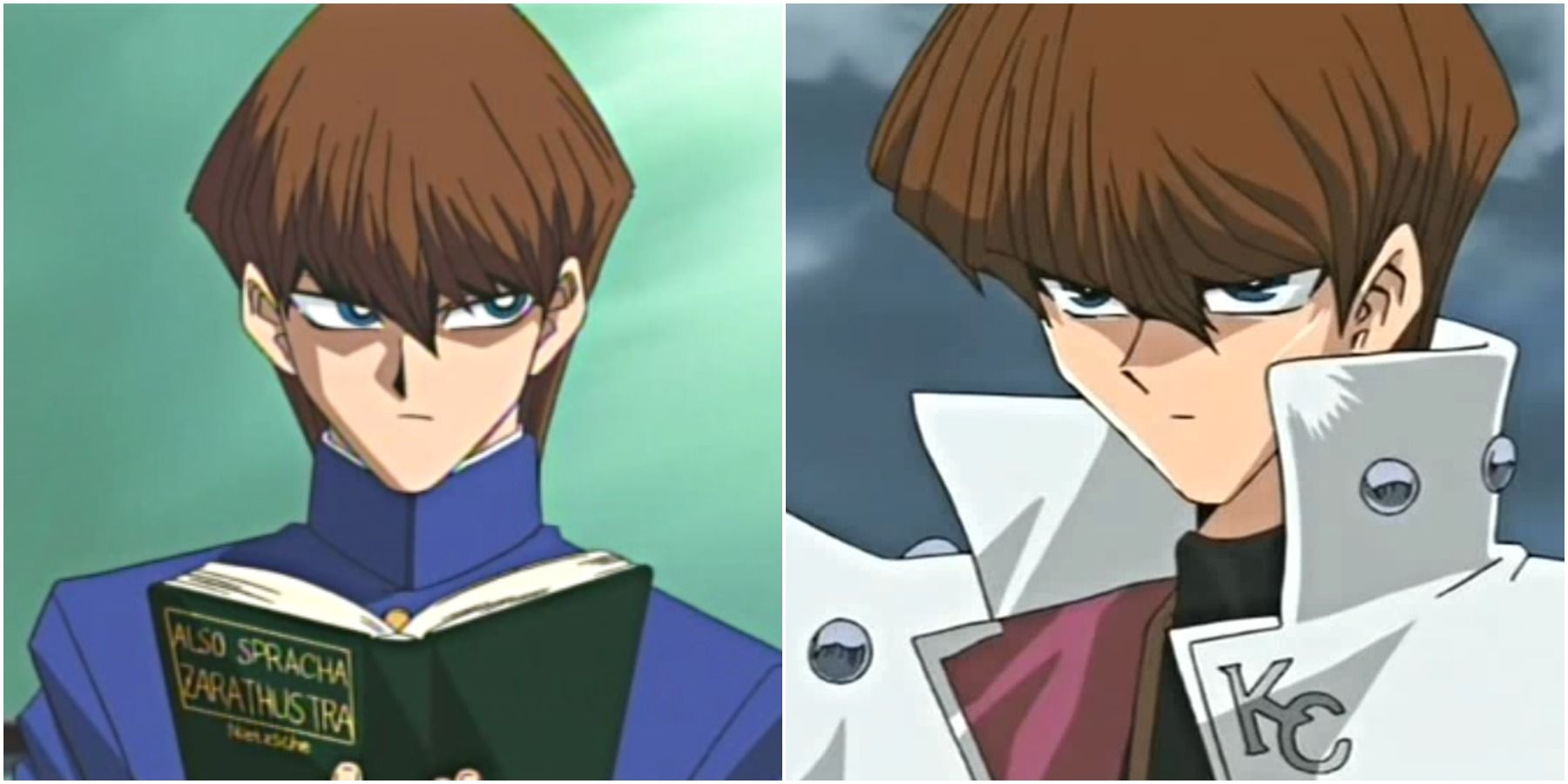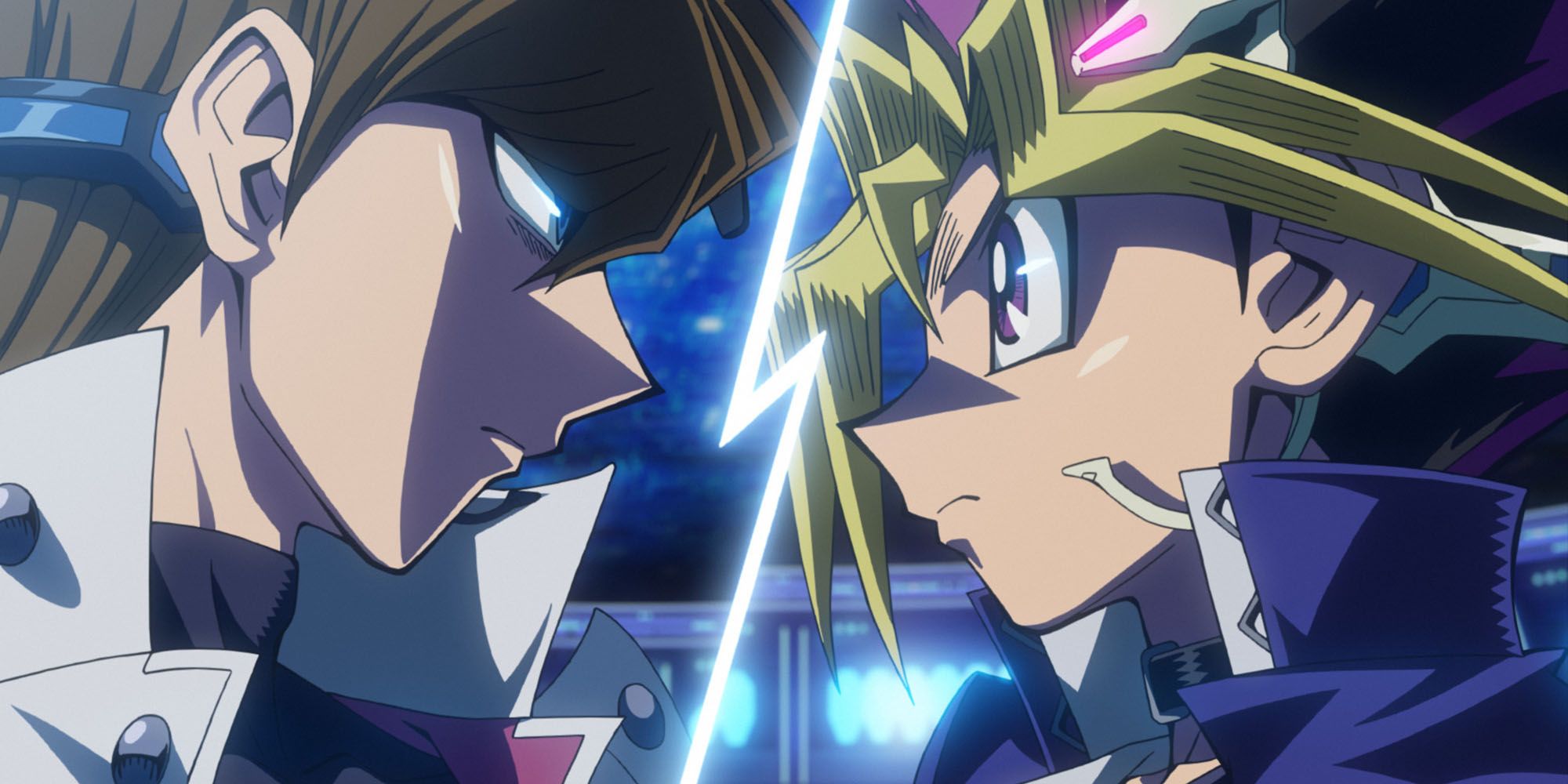While there are many great heroes in literature, there is a universal truth that sometimes the best hero is only as good as the villain he/she faces off against. Just take any one of the Final Fantasy games, and you’ll discover that most fans favorite games are the ones that have a truly memorable villain (Sepheroth, Kefka, Kuja, etc…). As such, there are many anime series where the villain is just as popular as the hero of the title (hence why fans are most fond of sagas featuring their favorite Dragon Ball Z antagonist).
While Yu-Gi-Oh! as a franchise has a variety of various antagonists, the most constant thorn in Yugi’s side is his rival Seto Kaiba. Originally intended to be no more than a one-shot character, Kaiba ended up being one of the most important characters in the Yu-Gi-Oh! franchise, though his presence has not come without some controversy. There is much debate among fans of Yu-Gi-Oh! on whether Kaiba is a complicated antagonist or mearly the embodiment of every shounen villain trope in history. Let’s take a closer look at the most famous Duel Monsters antagonist of Yu-Gi-Oh!
Kaiba’s Origins
Originally an orphan, Seto Kaiba is the largest shareholder of KaibaCorp, a technology company that specializes in virtual reality and card battle simulation. He has a younger brother named Mokuba, with whom he is very close with. Both boys were adopted by their adoptive father Gozaburo Kaibo, whose original intention for Kaiba was to act as a “shell” for his biological son Noah, whose mind was being preserved in a virtual world of KaibaCorp’s creation, waiting for a body to put into, so he could be resurrected.
Much to Gozaburo’s surprise though, young Seto ended up having a knack for business, and thus Gozaburo abandoned his plan to revive his son and instead focused his attention on grooming Seto to be the next CEO of KaibaCorp. As Mokuba tells Yugi, their adoptive father was cruel and unforgiving, installing in Seto a drive to win at all costs and to never give any consideration to the people who need to be stepped on in order to win. Seta was also raised to be ashamed of losing, which would explain his lifelong obsession with beating Yugi after he initially loses their first duel.
How Was Kaiba Portrayed in America?
While Seto Kaiba’s desire to win at all costs can easily remind viewers of Vegeta from Dragon Ball Z or Sasuke from Naruto, he does have a unique enough background where viewers and readers could certainly feel sympathy towards the franchises primary antagonist. In some ways, his abusive background could realistically put him into the category of anti-hero as opposed to antagonist, and the character does change enough by the end of the series to suggest that he might be turning over a new leaf after losing to Yugi during the Battle City Arc.
Sadly, this isn’t the portrayal most American’s got, as this whole background was deemed to be too dark for dubbing company 4Kids Entertainment. 4Kids reputation as a dubbing company that specialized in censoring anime for the children's market has been written about extensively on this site before, and Yu-Gi-Oh! did not escape the scissors either. While the dub did mention the adoption (and the fact that Seto’s father was not a good man), the story about the plan to switch Seto's brain with Noah's was entirely cut, and the abusive relationship downplayed greatly.
For the most part, Seto Kaiba’s past is only glossed over in the English dub, removing much of the complexity of the character. Making things more complicated is the fact that much of this story was added to the anime in the first place. In Kazuki Takhashi’s original manga, there was no plan for Seto to be the “shell” for an elaborate resurrection plan by a billionaire. All that being said, the manga makes it very clear that Seto and Mokuba were not treated well by their adoptive father, and that when he died it was a great relief to both of them.
Nevertheless, the death of Gozaburo forced Seto to grow up at a very young age, and was too immature to really handle the realities of life the way most people would. His obsession with a card game seems like an incredible waste of money to the outside observer, but when you consider Seto is canonically a 14-year-old boy…well, it kind of makes sense why he invests his billions into making his favorite card game the most immersive it can be.
Making matters worse, despite the fact that Seto seems to have accepted his loss by the end of both the manga and the anime, in the Darkness of Dimensions movie he is still spending untold amounts of money to go to Ancient Egypt to challenge Dark Yugi to one more game of Duel Monsters, essentially wiping away all the character development he went through in the Battle City Arc away.
Final Verdict
Seto Kaiba has a workable origin story to make for a compelling villain. In many ways, he is a good villain as he is a constant threat to Yugi (despite losing more often than winning). Yet the manga only briefly touches on his troubled childhood in a small attempt at making the character someone the readers could sympathize with. The anime ends up doing a better job at making Seto a more tragic figure, yet thanks to 4Kids censorship most of that storyline wound up on the cutting room floor.
Factor in that the last movie decided to ignore the personal growth of the character and every non-Takahashi produced sequel cameos Seto as a threat to the new heroes, and unfortunately there is more going against him as a good character than there is going for him. It’s perfectly fine if you think he’s a good villain; he’s threatening enough to leave an impact. Given the censorship of the anime and the creator being more interested in other antagonist's histories, Seto Kaiba might just be an example of an antagonist that is fun to root against (but one who becomes less interesting the more you think about him).

